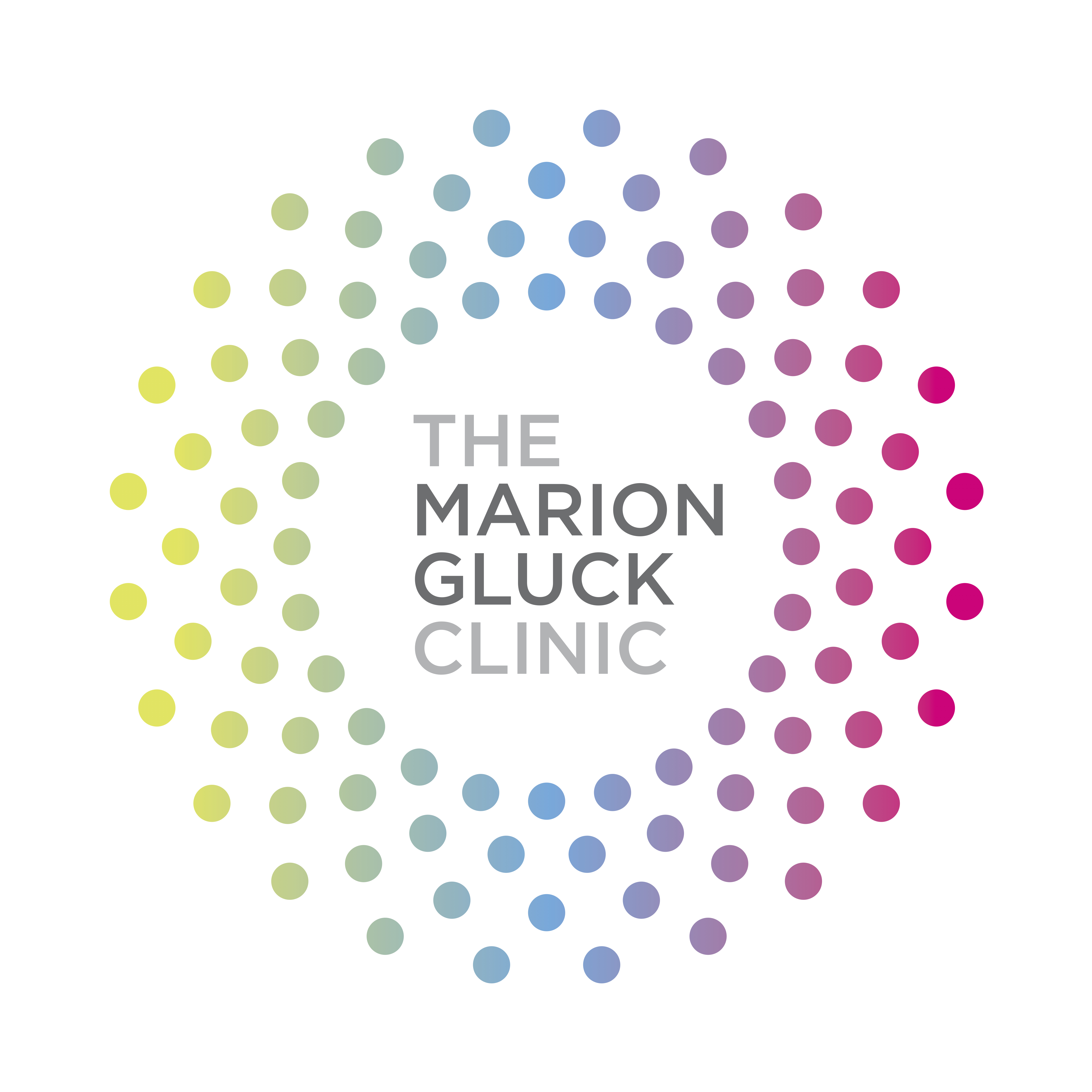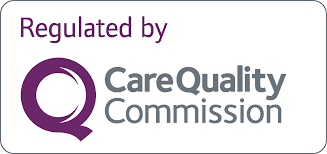Why Do I Feel Tired When I Wake Up?
We all wake up feeling a bit groggy every so often. Perhaps you have a big exam the next morning, or you overindulged on a Friday night — it happens to us all.
But if you regularly find yourself feeling tired when you wake up, there might be something else going on. Over time, this can start to impact your day-to-day life, and you might find yourself finding it hard to focus at work, or feeling more irritable in general.
If you’re tired of waking up tired, Hormones And You are here to put your mind (and the rest of you) at rest. In this article, we’ll look at various reasons why you wake up tired in the morning, from sleep inertia to blue light, and give you some handy pointers to help you off to the Land of Nod.
Why am I so tired in the morning?
There are a number of reasons why you might wake up tired in the morning. Here are a few of the most common you should know.
Sleep inertia
We’ve all had those mornings — poured coffee in your cornflakes, almost brushed your teeth with moisturiser, and left your keys in the door on the way out. That feeling of mental fuzziness after waking is known as sleep inertia, and it occurs when you wake suddenly and rapidly from a deep sleep.
Symptoms of sleep inertia include:
Poor concentration
Drowsiness
Difficulty making decisions
Trouble performing fine motor tasks (turning door knobs, tying shoelaces, buttoning clothes, and so on)
The exact causes of sleep inertia aren’t known exactly. However, research suggests that it can take up to 15-30 minutes to reach normal levels of alertness. If you often feel this way after waking, take your morning slowly and give yourself enough time to wake up fully before facing the day.
Sleep hygiene
Taking a shower, brushing your teeth, cutting your nails — we all take these elements of our personal hygiene for granted. But we often neglect to attend to another important hygiene: sleep hygiene.
Sleep hygiene refers to the things we do every night to help us drift off to good, sound sleep. Going to bed at the same time every night, keeping our bedroom at a comfortable temperature, avoiding alcohol, caffeine or phone use before bed (we’ll go into these in depth later) — these are all part of good sleep hygiene.
However, failure to keep good sleep hygiene can result in disrupted sleep. You might find it harder to drift off due to too much caffeine in your system, or you may wake up in the middle of the night because your bedroom is too hot.
Practise good sleep hygiene, and you’ll find better, more restful sleep in no time.
Sleep disorders
If you follow good sleep hygiene and have addressed any other factor that might be impacting your sleep, you might be suffering from a sleep disorder. Some examples of sleep disorders include:
Sleep apnea: resulting in regular pauses in breathing while asleep, symptoms include snoring, gasping yourself awake for air, fatigue and morning headaches.
Restless legs syndrome: characterised by the uncontrollable need to twitch or move your legs, typically due to a creeping or crawling sensation in the affected areas.
Insomnia: a well-known disorder that makes it difficult for a person to fall asleep, or stay asleep. This can result in a low, depressed mood, waking up too early and low energy levels throughout the day.
Bruxism: characterised by clenching or grinding of the teeth, bruxism can happen while you’re asleep, resulting in headaches, damaged teeth and disrupted sleep.
Periodic limb movements disorder (PLMD): typically involving involuntary movement of the limbs while asleep, usually every 15-40 seconds, PLMD can lead to fatigue in the morning and reduced energy levels.
If you think you might be suffering from any of these sleep disorders, you should always speak to your doctor first.
For more information, please read our article ‘Why can’t I sleep at night even when I’m tired?’
Alcohol and caffeine
What you eat or drink before bed can have a dramatic effect on your sleep. We already know that caffeine keeps us awake in the day, but too much of it too close to your bedtime can mean the same for at night too.
Avoid caffeine in any form for between 3-7 hours before bed, and try to limit your intake to just one or two in total.
What about alcohol though? We often turn to a nightcap or two to help us drift off to sleep. But while that might be true, the sleep we get isn’t the right kind of sleep. Once the sedative effect of alcohol wears off, it prevents deep sleep and increases the frequency at which we wake up during the night.
Avoid temptation and try not to drink in the evening. Or, if you do, stick to just one a day for women and two for men.
Too much blue light
If you’re a fan of a little doom scrolling before bed, now is the time to quit. Smartphones emit blue light, artificial lighting of blue wavelengths that can make you feel more alert. While this is great in the morning, at night, it can spell disaster for your sleeping patterns.
As well as phones, blue light can also come from other electronic screens (tablets, laptops, and so on), as well as energy-efficient lighting.
Avoid screen time for 2-3 hours before bed, or use your phone’s blue light filter if you have to use your smartphone.
How to feel less tired in the morning
After a few mornings of feeling tired and fatigued after a terrible night’s sleep, it can feel like a solid forty winks are impossible — but you can put that idea to bed right now. Here are a few ways you can easily feel less tired when you wake up.
Top up your hormones
Your hormones play a big part in your sleep, especially melatonin.
Your body’s melatonin levels are highest at night, so why not keep them at their optimum levels with sleep capsules from Hormones And You? Effective and safe to use, this natural formula will help you find the good night’s sleep you need.
Stop hitting the snooze button
While it might seem tempting, research suggests that treating yourself to a snooze in the morning may actually make you more tired, as well as bringing a host of other unwelcome effects.
In short, when your alarm wakes up, so should you.
Embrace some bright light
Our bodies are still cave people at heart, and they like to rise with the sun. Exposing yourself to some bright morning light after waking helps keep your body in tune with its circadian rhythms, making you feel more alert.
Similarly, exposure to bright light in the evening can make it harder to go to sleep, so ditch the overhead and treat yourself to a softer lamp in the evening.
Stay hydrated
Dehydration is a big contributor to waking up during the night. We naturally heat up at night, so if you don’t drink enough during the day, your body will feel it, leading to a poor night’s sleep and fatigue in the morning.
But the only thing worse than waking up in the night with a dry mouth? Constantly waking up to go to the toilet. While hydrating is good, try not to overdo it, so avoid any fluids up to two hours before bed.
How our team can help
That groggy feeling in the morning is never nice, especially when it happens regularly. But with Hormones And You, you can say goodnight to that morning fatigue and embrace the morning person within.
Why not try our natural sleep tablets to help you get a good night’s sleep for a better morning after?






